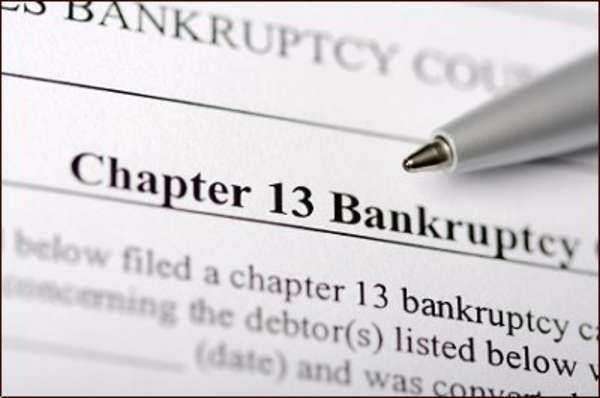Nebraska Bankruptcy
Nebraska Bankruptcy Law

Nebraska bankruptcy has specific procedures to follow. These laws are extremely detailed and specific, so you may want to refer to an attorney or do some research of your own before considering NE bankruptcy. An updated set of laws exists of the official District of Nebraska’s website under Nebraska bankruptcy procedure.
Nebraska bankruptcy is intended to help the debtor through a tough economic period and carry them into financial and economic security in the future. In order to educate people on the procedures of NE bankruptcy and the financial responsibilities involved in a settlement, the state of Nebraska makes an individual attend a credit counseling course six months before filing for Nebraska bankruptcy.
Nebraska Bankruptcy : Personal and Corporation
Similar to other states, a citizen or corporation within the state of Nebraska can both file for different forms of bankruptcy. An individual or family will usually choose to file a Chapter 7 or Chapter 13. The two chapters provide different measures in repaying creditors. A corporation suffering from financial trouble or a large debt can file for Chapter 11 bankruptcy. The action will give the company time to reorganize and attempt to increase profits.
NE Bankruptcy Chapter 7
In the state of Nebraska, a person or family may opt to file Chapter 7 bankruptcy if they cannot file a Chapter 13. Chapter 7 debt usually allows a person to eliminate their unsecured debt, such as credit card bills, medical bills, and personal loans. In some cases, a property will sometimes be put up for sale in order for a creditor to obtain repayment for debts. Other assets can also be taken away if a Chapter 7 is filed, but there are some exemptions within the state of Nebraska:
• Up to $60,000 for a residence
• 85% of wages for the head of the household and 75% of other members
• Up to $2,400 for a vehicle
• Certain personal items
• Trade tools and professional books and/or supplies
NE Bankruptcy Chapter 11
A business or corporation can file for a Chapter 11 bankruptcy if they are facing a large debt or tough economic situation. The owner of the company usually serves as the overseer of the reorganization of the company, and this type of bankruptcy usually works in “good faith” of the business owner.
NE Bankruptcy Chapter 13
A family or individual can usually consider Chapter 13 bankruptcy if they have a steady income and are faced with an abnormal or tough economic condition. Families often establish a repayment schedule of three to five years with a creditor. If an individual or family defaults on this repayment, the state of Nebraska has specific laws and procedures that will affect the settlement.
Taxes
Within the state of Nebraska, an individual must file all of their tax returns if involved in a NE bankruptcy. The overseer of the repayments will often take the tax returns into consideration for repaying any debt. If a company is involved in a Chapter 11, no personal assets or tax returns will apply.
Filing for Nebraska Bankruptcy
Nebraska bankruptcy has very specific timelines and procedures for filing bankruptcy. You should hire an attorney to the best of your ability in order to help you follow the proper procedures involved in a NE bankruptcy case. If you cannot afford an attorney, you can file for Nebraska bankruptcy through a filing service, but your best chances for reaching a reasonable settlement involve hiring a Nebraska bankruptcy lawyer.